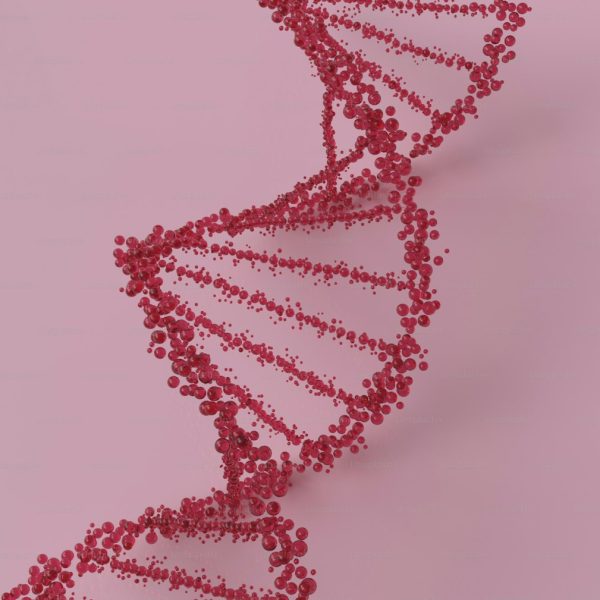Bioidentical Hormone Replacement Therapy (BHRT): A Science-Backed Path to Optimal Ageing
Aging is an inevitable process, but the experience of ageing can vary significantly depending on how well we manage our hormones. As we age, hormone levels naturally decline, leading to various physical and mental changes such as fatigue, mood swings, decreased libido, and cognitive decline. Bioidentical Hormone Replacement Therapy (BHRT) offers a promising approach to address these issues, helping individuals maintain their vitality and overall well-being as they age.
Understanding Bioidentical Hormones
Bioidentical hormones are synthetic hormones that are chemically identical to those the human body produces naturally. Unlike traditional hormone replacement therapies (HRT), which often use synthetic or animal-derived hormones, BHRT uses plant-based hormones that are engineered to match the molecular structure of human hormones. This similarity allows the body to recognize and utilize these hormones more effectively, potentially reducing the risk of side effects.
The Role of Hormones in Ageing
Hormones play a critical role in regulating many of the body’s functions, including metabolism, mood, sexual function, and energy levels. As we age, the production of key hormones like estrogen, progesterone, and testosterone declines, leading to a range of symptoms associated with ageing:
- Estrogen: Declining estrogen levels in women can lead to symptoms such as hot flashes, night sweats, and vaginal dryness, as well as an increased risk of osteoporosis and cardiovascular disease.
- Progesterone: Reduced progesterone levels can cause sleep disturbances, anxiety, and irregular menstrual cycles in women.
- Testosterone: In both men and women, decreased testosterone levels can result in fatigue, reduced muscle mass, diminished libido, and cognitive decline.
Benefits of BHRT for Optimal Ageing
BHRT aims to restore hormone levels to their optimal state, thereby mitigating the symptoms of hormonal decline and promoting healthy ageing. Some of the key benefits of BHRT include:
- Improved Energy Levels: BHRT can help increase energy levels by restoring hormonal balance, particularly in those suffering from fatigue due to low testosterone or estrogen levels.
- Enhanced Cognitive Function: Research has shown that balanced hormone levels, particularly estrogen and testosterone, can support brain health, improving memory, focus, and overall cognitive function.
- Mood Stabilization: BHRT can help alleviate mood swings, anxiety, and depression by balancing estrogen and progesterone levels in women, and testosterone levels in men.
- Increased Libido: By restoring testosterone levels, BHRT can improve sexual desire and function in both men and women.
- Bone Health: Estrogen plays a crucial role in bone density. BHRT can help reduce the risk of osteoporosis by maintaining healthy estrogen levels in women post-menopause.
Risks and Considerations
While BHRT offers many potential benefits, it is essential to approach this therapy with caution. Some considerations include:
- Individual Variability: Hormone needs vary from person to person, so BHRT should be customized to each individual’s hormonal profile, often determined through blood tests.
- Monitoring and Adjustments: Regular monitoring is crucial to ensure hormone levels remain balanced. Overdosing or underdosing can lead to adverse effects.
- Potential Side Effects: Although BHRT is considered safer than traditional HRT, potential side effects can include weight gain, fatigue, and mood swings. There is also ongoing debate about the long-term risks, particularly regarding cancer and cardiovascular health.
Latest Research on BHRT
Recent studies continue to explore the benefits and risks associated with BHRT:
- A 2023 study published in the Journal of Clinical Endocrinology & Metabolism found that women using BHRT experienced improved cognitive function compared to those not using hormone therapy, particularly in areas of memory and attention.
- Research from the American Heart Association in 2024 highlighted the potential cardiovascular benefits of BHRT, noting that bioidentical estrogen, when administered transdermally (through the skin), may reduce the risk of heart disease in postmenopausal women.
- A 2024 review in The Lancet indicated that while bioidentical progesterone may have a lower risk of breast cancer compared to synthetic progestins, the overall risk associated with estrogen therapy still requires careful consideration and monitoring.
Conclusion
Bioidentical Hormone Replacement Therapy (BHRT) offers a science-backed approach to managing the hormonal changes associated with ageing. By restoring hormone levels to their optimal state, BHRT can help individuals maintain energy, cognitive function, and overall well-being as they age. However, like any medical treatment, it requires careful consideration and professional guidance to ensure safety and effectiveness.
References
1. Journal of Clinical Endocrinology & Metabolism. (2023). Cognitive Effects of Bioidentical Hormone Replacement Therapy in Postmenopausal Women. Retrieved from https://academic.oup.com/jcem
2. American Heart Association. (2024). Bioidentical Estrogen and Cardiovascular Health in Postmenopausal Women. Retrieved from https://www.ahajournals.org
3. The Lancet. (2024). Breast Cancer Risk Associated with Bioidentical Hormones: A Comprehensive Review. Retrieved from https://www.thelancet.com







